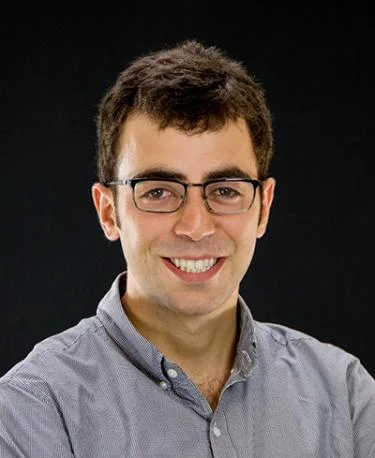Who: Adam Kauffman (University of Colorado Boulder)
When: October 9, 2023
Where: Physics and Astronomy Auditorium A-102
Abstract: Quantum information science seeks to exploit the collective behavior of a large quantum system to enable tasks that are impossible (or less possible!) with classical resources alone. This burgeoning field encompasses a variety of directions, ranging from metrology to computing. While distinguished in objective, all of these directions rely on the preparation and control of many identical particles or qubits. Meeting this need is a defining challenge of the field. There are several promising platforms that are targeting these capabilities, and I will focus on one such platform — optically-trapped neutral atoms. We have been developing a new suite of tools, based on the use of more exotic atomic species, new trapping architectures, and new control methods. I will provide an overview of these developments and a few specific examples of our recent scientific directions, which range from the use of bosonic atoms for sampling problems, a new kind of atomic clock, and a different kind of qubit.
Bio: Kauffman’s research focuses on how to apply the tools of atomic, molecular, and optical physics to the microscopic investigation of quantum mechanics. I am interested in understanding and revealing the role of entanglement in complex quantum systems, both from a fundamental standpoint as well as for the purpose of understanding relevant condensed-matter models. I also investigate how to push the limits on our ability to retain quantum coherence while building up increasingly complex quantum states. To pursue these goals, we rely on microscopy, precision spectroscopy, and ultracold atom techniques.
